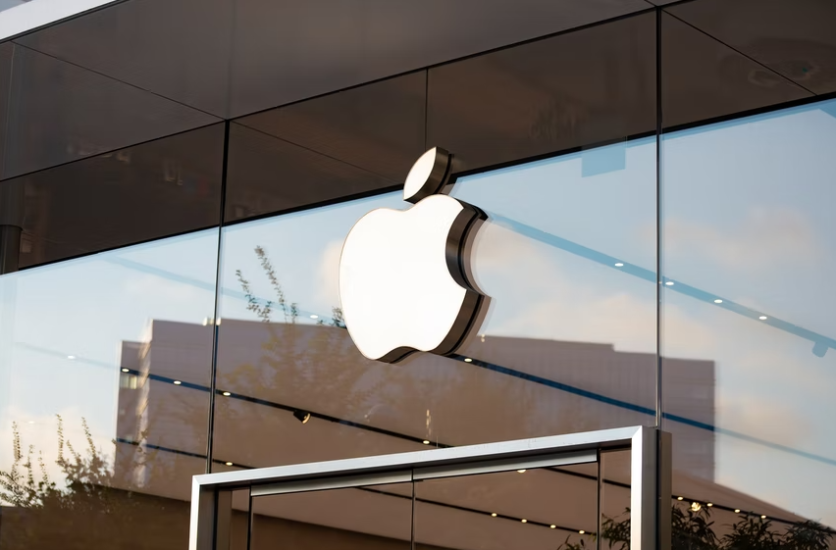
Apple's strong stance on user privacy has made work more challenging for some of the company's engineers, and this has led to vetoed features and limitations on what the company can do.
Apple's Privacy Stance Created Issues
According to Apple Insider, the tech giant does not collect such information from its users. In some cases, the company's junior privacy engineers can reject proposed features that are deemed too invasive and may cause user privacy and security issues.
The Information reported that compared to other tech companies, Apple's lack of access to user data means that it can't mimic the features provided by other companies.
Unlike its rivals, Google and Meta, which both freely collect and analyze user data and the online behavior of its users, Apple is hesitant to go that far.
Apple's privacy stance is the pride of its employees, but some engineers in non-privacy departments worry that the company's strong stance is causing it to lag behind its competition.
For example, Apple TV+ engineers can't analyze how their customers move from one streaming content to another. That means that the service can't recommend movies or TV shows to its users based on their interests, unlike Disney+ or Netflix.
Apple even had to ditch some features because of privacy vetoes.
Apple's Unreleased Features
In 2019, the tech giant was working on a feature that could let its users ask Siri to purchase apps or other online services using voice command.
However, that effort did not push through because Apple media product engineers could not find a solution to work around the restrictions that prevent Siri from connecting a user's Apple ID to their voice request, according to The Verge.
In 2015, Apple employees working on the Photos app proposed a feature that would allow users to chronologically list the locations they had visited and view pictures were taken at those areas.
However, the feature was vetoed by a privacy engineer who explained how the feature could make it easier for authoritarian governments to see where a user has been.
Apple's privacy rules have been a problem for other departments, too, like Apple Maps. The navigation app is preinstalled on Apple products but it is not as popular as alternatives like Google Maps.
That is partly because Apple obtains far less data, like where users start and end their trips.
According to a report released on Apr. 15, some junior privacy engineers are even able to veto proposed new features from more senior staff members in Apple's other departments.
The worst-case thinking of Apple's privacy staff has been proven right in recent years, including by sophisticated surveillance and spyware made by companies like the NSO Group, which sells tools to governments around the world that can take over and steal data from Apple users.
In some cases, the tech giant's pro-privacy position has created unique situations. From 2017 to 2018, Apple was working on the "Raise to Speak" feature on the Apple Watch.
A former Apple employee said that some of his colleagues rejected the feature because it collected accelerometer and microphone data.
They also rejected a proposal to hire volunteers to test out the said feature because it crossed a privacy line.
In January, Apple reportedly collected user data from 1 billion iPhone users.
In 2021, Apple's iCloud launched a privacy feature but for a fee.
Related Article: Apple's 'Privacy Eyewear' Allows Users to View iPhone Content via Glasses: Latest Patent
This article is owned by Tech Times
Written by Sophie Webster
ⓒ 2025 TECHTIMES.com All rights reserved. Do not reproduce without permission.




